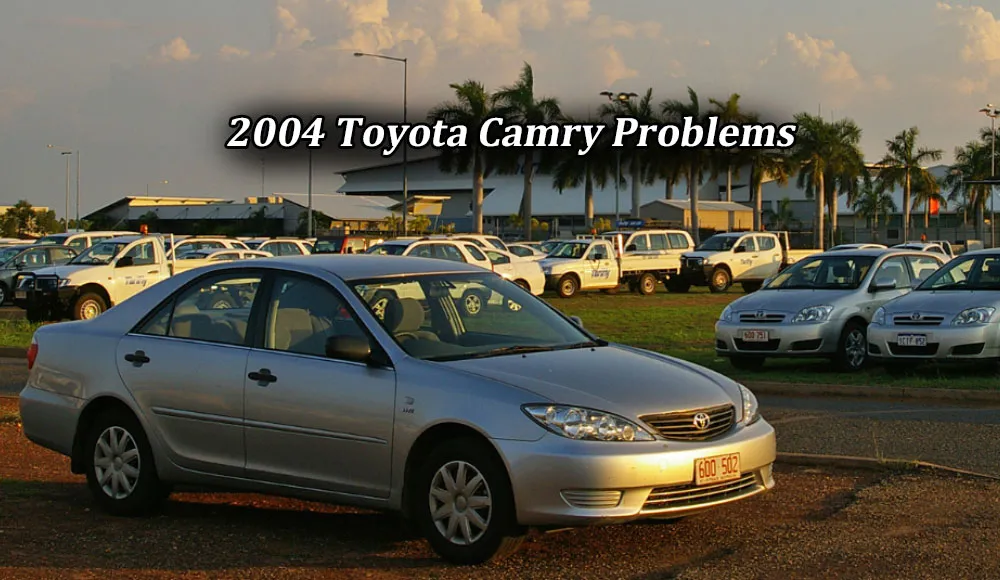Hello, car enthusiasts and curious readers alike! Today, I’m diving into a question that often sparks lively debates in automotive circles: Is Toyota a foreign car?
This isn’t just about where the car comes from; it’s about understanding a brand that has become a household name across the globe, especially in the United States. So, let’s buckle up and embark on this journey together.

The Origins of Toyota
Let’s start at the beginning. Toyota, founded in Japan in the late 1930s, has grown from a local Japanese brand into a global automotive powerhouse. Its story is one of innovation and expansion, marking its footprint in various countries, adapting to different markets while maintaining its core values. This Japanese origin often forms the basis of the argument for Toyota being a foreign brand, particularly in the U.S.
Toyota’s Global Manufacturing and Assembly Plants
Here’s where it gets interesting. Toyota doesn’t just ship cars from Japan to the rest of the world; it has set up manufacturing plants across the globe, including in the U.S., Canada, Europe, and beyond. In America, Toyota has significant manufacturing facilities, producing a large portion of the vehicles sold in the country.
Made Locally, Seen Differently
These local manufacturing plants challenge the typical notion of a foreign car. When a Toyota is made in the U.S., employing local workers and contributing to the local economy, does it still remain a foreign entity? This blurs the lines between a domestic and foreign brand, reshaping how we perceive global car manufacturers.
Toyota in the American Market
In the U.S., Toyota holds a substantial market share. It’s not uncommon to see a Toyota on American roads, rivaling traditional American car manufacturers. This popularity stems from Toyota’s reputation for reliability and efficiency.
The American Perception
What’s fascinating is how Americans perceive Toyota. Despite its Japanese roots, many consumers see Toyota as a staple in the American automotive landscape. This perception is influenced by Toyota’s longstanding presence in the U.S., its commitment to quality, and its integration into American life.
Economic and Cultural Impact
Toyota’s impact goes beyond just selling cars. In regions where Toyota has plants, the company significantly contributes to the local economies. But it’s more than just economics; it’s about cultural integration. Toyota has actively participated in local communities, supporting various causes and initiatives. This level of involvement often endears the brand to locals, further blurring the line between foreign and domestic.
Legal and Trade Considerations
Now, let’s talk about the legal and trade aspects. Different countries have varied definitions of what constitutes a foreign car. In the U.S., factors like the location of manufacturing, the percentage of locally sourced parts, and the company’s country of origin play a role in this definition.
Trade Policies and Definitions
Trade policies and international agreements also influence how a car is classified. These policies can impact tariffs, labeling, and consumer perception. Therefore, Toyota’s classification as a foreign or domestic brand can vary based on these legal and trade frameworks.
Conclusion
To sum up, determining whether Toyota is a foreign car isn’t straightforward. Its Japanese origin, global manufacturing footprint, significant presence in the American market, and cultural integration make Toyota a unique case in the automotive world. In the age of globalization, the identity of car brands like Toyota is evolving, challenging traditional notions of foreign versus domestic.
As we’ve explored, Toyota’s story is a testament to how a brand can transcend its origin, becoming a global citizen in its own right. Whether you see Toyota as a foreign brand or not, one thing is clear: it has made an indelible mark on the automotive industry worldwide. So, the next time you see a Toyota, remember, it’s not just a car; it’s a symbol of how a company can successfully navigate and integrate into the global market.
Thanks for joining me on this exploration! Keep tuning in for more insights and discussions about the fascinating world of cars. Drive safe!


